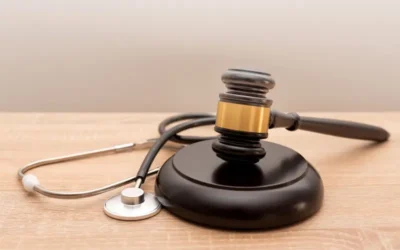Irrespective of the fact whether the medical records are paper or electronic, patient records have to be retained. But how long do you need to retain these medical records? The question becomes more significant considering the fact that the patients or their lawyers may at a much later stage demand the medical records for use in personal injury and other cases. Usually hospitals keep the records only as long as required by law. It is rare that medical records are maintained for more than 20 years. This does not, however, mitigate the risk of civil liability.
One could say that retaining the medical records for long periods would be in the interests of both the healthcare organization/provider as well as the patient, especially if they are required later for medical record review purposes. This would of course entail more investment in appropriate security and access controls. The provider organization should also have a viable destruction policy for the patient records after a certain period. The reality, though, as many experts point out is that neither do many hospitals destroy records properly and in a timely manner nor do they attach due importance to record retention/destruction stipulations.
Need for Unique Retention/Destruction Policy
The record retention time is a matter to be decided by each facility according to the systems they have in place, and in keeping with their legal counsel. This period may be unique to each facility and there cannot be a standardized record retention schedule. As pointed out by Lou Ann Wiedemann, MS, RHIA, FAHIMA, CPEHR, director of professional practice at AHIMA, an ideal methodology would be to look at all the existing rules regarding record retention and compare them to that of your own state. The best practice is to follow the rule or regulation that is stricter.
It is vital that all providers fully understand the retention requirements since this is important with regard to compliance. Healthcare organizations must take care to ensure that physicians and patients have access to the required medical records for the stipulated retention time. This will help avoid any kind of compliance breach and ensuing civil penalties. The best option for an organization would be to follow a sensible and clear policy regarding retention and destruction of medical records, making sure that any records that are involved in ongoing medical litigation are kept as long as is necessary to meet all litigation requirements.




